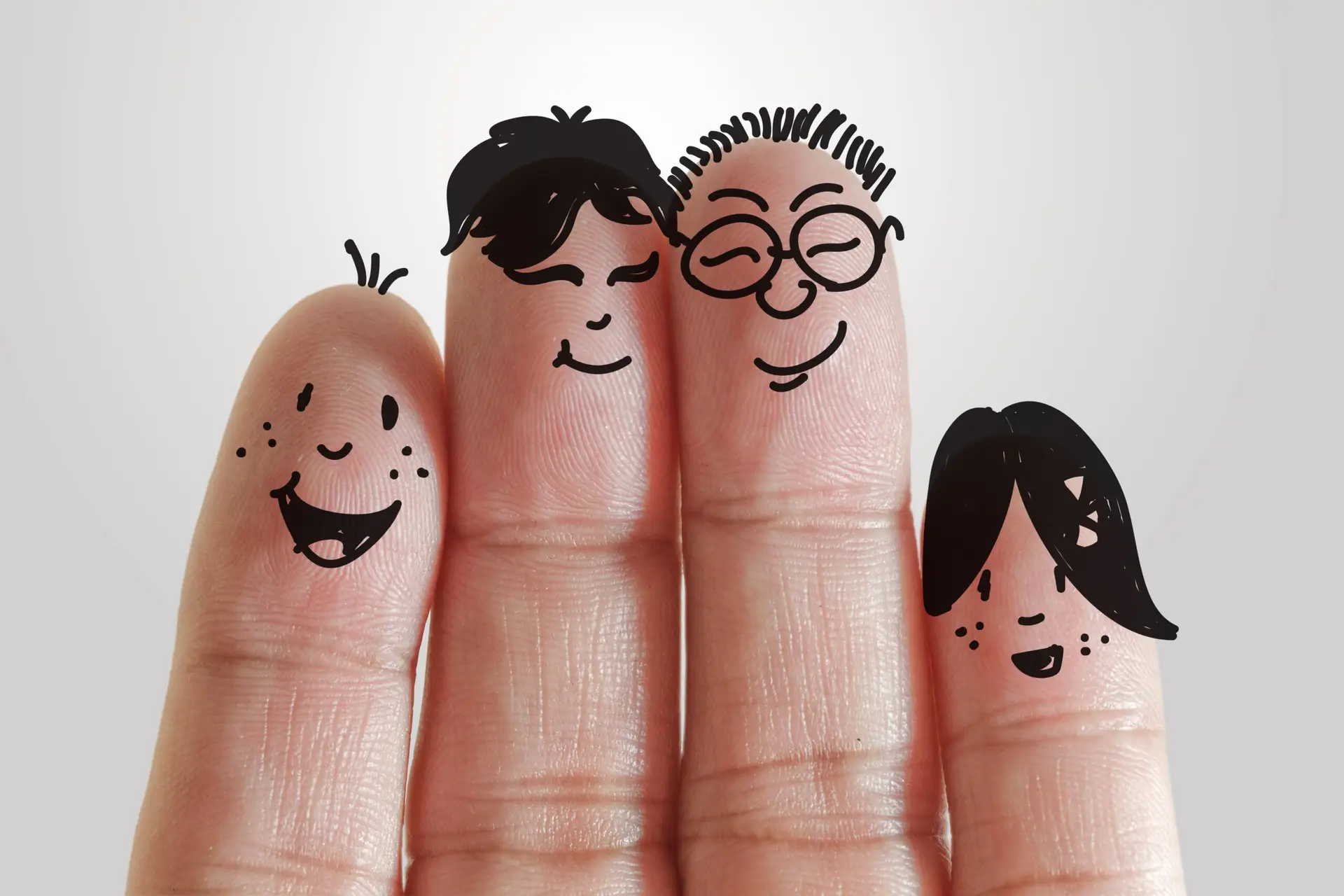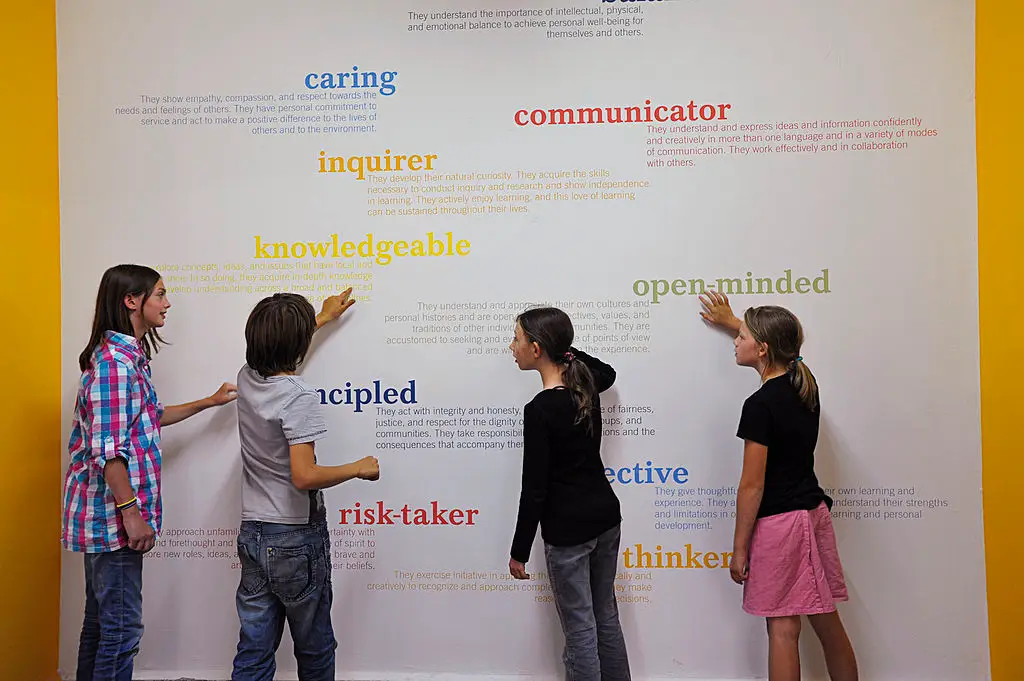A Story About Empathy at Work
The other day I was working with a client.
He is a senior executive, with a challenging role, recently arrived in Scotland.
He told me how he was struggling with some of his colleagues. They weren’t open to the solutions that he and his team of consultants wanted to implement. Solutions that involved a reduction in headcount, among other significant and unpopular changes.
He seemed genuinely surprised that his ideas were meeting with resistance. He informed me that people were lazy and that they should be able to see how everyone would benefit.
I invited him, just for a moment, to put himself into the shoes of his colleagues, to see how they might be feeling. I invited him to send them some good will in the face of their challenging situation.
He said it was easier to send empathy to the people who were working hard and on board with his plans. He struggled to send good will to the people resisting his plans and whom he thought were lazy.
Meanwhile, I was facing a similar challenge to get past my own judgments. It wasn’t so easy to find my own good will and empathy for this man with his challenging situation!
The Importance of Empathy
Learning to do this is definitely worthwhile, as the research is confirming. Empathy is now recognised as a key leadership quality.
For example, the Center for Creative Leadership has a great article on how empathy in the workplace is crucial for leaders which is definitely worth reading.
I find it especially interesting that the research shows that empathy for others brings positive effects for you as a leader as well. It helps to reduce your own stress. It helps you get out of your self and make room for the needs and concerns of others. It helps to calm the nervous system and reduces the stress response, and it can reduce the risk of burnout.
How do you build empathy?
Here are a few of my tips:
Develop active listening skills
Check your understanding by feeding back what you heard. Doing this you will become much more present. It’s too easy to fall into thinking what you will say next, and then you don’t actually hear what the other person is saying. If you are going to summarise what they have told you, you listen in a different way. and the person will feel really heard by you. You don’t have to agree with them, but you can let them know that you have heard what they said
Stay open
Perhaps your colleagues, have a perspective or an idea that can help your project to go forwards. If you have already decided that your way is best, then you will miss the chance to develop an even better solution.
Notice
Notice if you hold are holding some kind of judgments about the person or what they are saying. Notice if you are having some kind of reaction, especially if you disagree with them. The point is to notice it, and not to get caught up in it. This means finding distance from your own negativity. This is importanst so that you don’t damage the relationship. When I worked with my client I saw my own judgments of him. I acknowledged them for being there, and I kept coming back to giving my attention to the client. This is where the focusing method which I use can be so helpful.
Give Yourself Empathy
Give yourself the same empathy and good will that you want others to extend to you. This means including yourself as you think of all the challenges that people are facing. You too have your challenges and it is not easy for you in those situations.
Be grateful
A sense of gratitude bring a wider perspective. Even if you have challenging colleagues, maybe you can be grateful that you have a job and some security. If you have challenges, isn’t that better than work that is boring or unstimulating?
Its another sunny day in Scotland – this is definitely something to be grateful for!
What do you do that helps you find more empathy?





